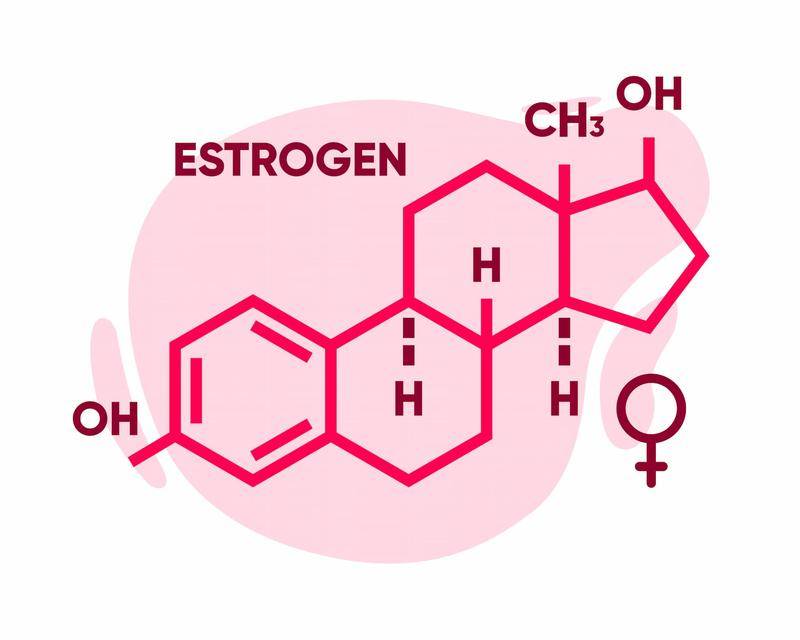

Gut Freedom Fighters: How to Overthrow Digestive Tyranny
Just as nations have fought for independence from oppressive rulers, our bodies too deserve freedom from the forces that keep them in poor health. At the heart of this struggle is our gut—a complex community of trillions of microorganisms known as the gut microbiome. These tiny warriors play a vital role in our digestion, immunity, and even mental health. However, like any oppressed population, they face constant challenges from unhealthy diets, stress, and lifestyle choices.
The Gut's Oppressors: What’s Holding Your Microbiome Hostage?
Before we can liberate our gut, we need to understand what’s holding it hostage. Several factors can disrupt the delicate balance of our gut microbiome, leading to digestive distress and broader health issues.
- Unhealthy Diet: A diet high in processed foods, refined sugars, and unhealthy fats is like a dictator to your gut. These foods feed harmful bacteria and starve the beneficial ones, creating an imbalance that can result in bloating, indigestion, and chronic conditions.
- Stress and Lifestyle: Stress doesn’t just weigh on your mind; it also takes a toll on your gut. Chronic stress leads to an overproduction of cortisol, which can alter gut permeability—a condition often referred to as "leaky gut"—and reduce the diversity of gut bacteria. Coupled with a sedentary lifestyle, stress can slow down digestion, leading to issues like constipation and metabolic disorders.
- Antibiotics Overuse: While antibiotics are life-saving, they can also be a double-edged sword. Overuse of antibiotics wipes out both harmful and beneficial bacteria in your gut, leaving you vulnerable to infections, reduced immunity, and digestive problems.
The Declaration: Steps to Gut Liberation
It’s time to take action! Draft your own plan to liberate your gut and restore balance.
- Probiotic Power: Probiotics are the freedom fighters of your gut. They can help restore balance to your microbiome, improving digestion, boosting immunity, and even enhancing your mood. Incorporate fermented foods like yogurt, kefir, sauerkraut, and kombucha into your diet.
- Fiber-Rich Foods: Fiber is the unsung hero in the fight for gut independence. It acts as a prebiotic, feeding the good bacteria and helping them to thrive. Not only does fiber keep your gut bacteria happy, but it also supports regular bowel movements and reduces the risk of digestive disorders.
- Mindful Eating: Liberation starts with awareness. Mindful eating involves paying attention to what you eat and how you eat it. Eating slowly, chewing thoroughly, and being aware of your body’s hunger and fullness signals can improve digestion and reduce the strain on your gut. This practice can help you break free from mindless eating habits that often lead to overeating and digestive discomfort.
- Stress Management: Stress is one of the biggest threats to gut health, so managing it is crucial to maintaining your microbiome’s independence. Incorporating yoga, meditation, deep breathing exercises, and regular physical activity into your daily routine can lower cortisol levels, reduce inflammation, and support a healthier gut environment.
Building a New Republic: Sustaining Gut Independence
Winning independence is only the first step; maintaining it requires ongoing effort and vigilance. Here’s how you can sustain your gut’s newfound freedom.
- Balanced Diet: Just as a new government needs a strong foundation, your gut needs a balanced diet to thrive. Ensure your diet includes a variety of foods that support gut health. Incorporate plenty of fruits, vegetables, whole grains, and fermented foods, and don’t forget to stay hydrated. A diverse diet will ensure that your microbiome remains resilient and adaptable.
- Regular Check-ins: Like any new republic, your gut health requires regular oversight. Pay attention to how different foods and habits affect your digestion. Keeping a food diary will help you identify any potential issues and make necessary adjustments before they become significant problems.
- Avoiding Relapse: Once you’ve gained your gut’s independence, it’s crucial to avoid falling back into old habits that could undermine your progress. Consistency is key—small, sustained changes over time are more effective than drastic, short-term efforts.
Conclusion: A Lifetime of Gut Freedom
Independence isn’t just about avoiding discomfort; it’s about living a fuller, healthier life. By taking control of your gut health, you’re not only freeing yourself from digestive distress but also empowering your body to function at its best. This Independence Day, declare your gut’s independence and start your journey toward a lifetime of digestive freedom!

